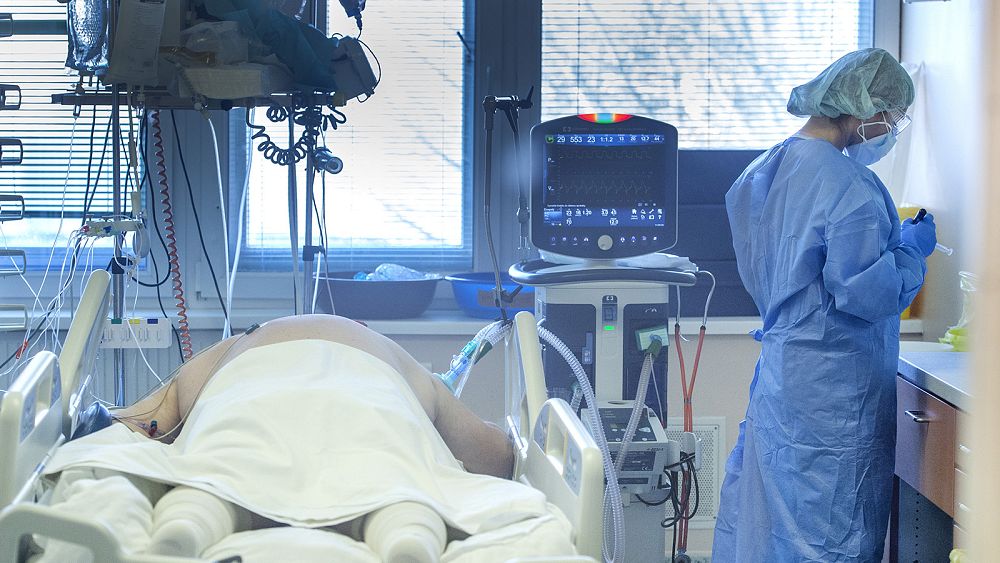
Slovakia declared a 90-day state of emergency and a two-week lockdown following a spike in COVID-19 cases that saw the country’s seven-day average of cases rise above 10,000.
The central European country is currently in the midst of the world’s fastest rise in infections, and the measures, which include closing all non-essential stores, as well as bars and restaurants, are meant to help the struggling healthcare system.
The decision came after president Zuzana Čaputová addressed the nation on Tuesday, saying that “Slovakia is losing the battle against COVID.” She also explained that the lockdown was needed as the healthcare staff became overworked, and the strain on the hospitals became almost unbearable.
During the two-week lockdown, people will be allowed to leave their homes only for specific reasons, such as buying groceries, travelling to work and school, or getting vaccinated.
Those still unvaccinated will be required to have a test or proof that they have had COVID-19 in order to get to work.
All gatherings of more than six people who do not live in the same household have also been prohibited during the 90-day state of emergency.
Slovakia ranks as the third-lowest European Union country in vaccination rates, with little over 45 per cent of Slovaks fully vaccinated.
The country has surpassed the 3,000-hospitalisations mark, the threshold deemed as critical by the Slovak Health Ministry.
At this stage, the country’s government might have to consider seeking help from other European countries.
The ministry said that almost 83 per cent of those hospitalised were not vaccinated.
Slovakia’s neighbours are also going through a COVID-19 peak, with both the Czech Republic and Hungary registering a record daily rise in cases.
Austria has already put a total lockdown in place as of Monday, November 22, and it is going to make vaccination mandatory from February 1 of next year, making it the first country in the world to do so.